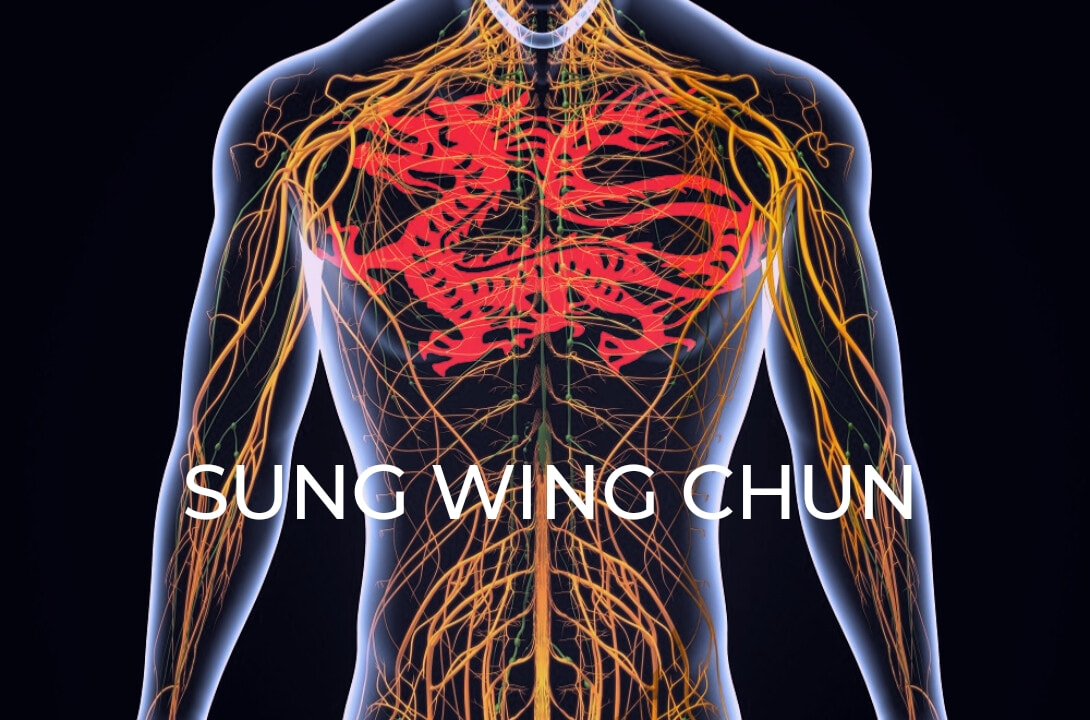The Pergatory of Preparatory Exercises
1/20/2017
For many years I have attended classes in Pilates, not because I think that it improves my wing chun but because it helps me stay healthy and improves my body awareness. I recently attended a Yoga class with my daughter and was suprised to find that many of the exercises were the same as same as Pilates. Although I already knew that they were similar it seemed odd to me as the cross over was so great. Having thought this over I came to the conclusion that neither were practicing a pure form of their art. The truth is that the 32 mat exercises of Pilates are so difficult to perform that they would challange a strong gymnast or dancer. Similarily the strength and flexibility required by the yoga poses traditionally taught are not within the range of the clientel of most local yoga classes. What is happening is that students are being prepared and strengthened in anticipation that they will one day move onto the advanced exercises. What is the problem with this you may ask (and why is it relevent to wing chun)? The issue is that these are art forms were the original goal is lost for most practitioners. 'Cheats', hacks and crutches are provided to give incremental improvements but the goal stays in the distance. Essentially students are left to believe that they are developing (they might be), but the truth of how much work is actually required is fudged by teachers for mostly business reasons. Wing Chun done properly is difficult, there are no two ways about it. Drills and repetitive exercises assist a beginner to assimilate but soon the stabilisers need to come off so they can discover the range of the art for themselves. I see a lot of something which is marketed as wing chun, that looks like wing chun, but it is not. It is imitation. This phenomenon also creeps into the teaching of some CST wing chun instructors. We all wish to encourage our students, we give analogies, mental images and distractions but these can soon become a limiting crutch for the student. They are not the way CST taught but others have adopted them as though that was the case. CST did for a while use a hoop to demonstrate the circular nature of body movement, but he all but discontinued this as students started to think more about the shape than the state of their bodies or the purpose of the movement. All good teachers use such methods to plant an idea, and I am aware I do it myself, but we need the honesty to make clear that using such ideas is a just jumping off point for a student. You cannot build up a true idea of the system by trying to string them all together as it requires too much thought at the crucial point of action. The danger I see with this method is that as students of the art we end up floating from one idea to the next, seeing each found discovery as being new when in reality it is a rehash of the last. Moving back and forth with the tide, with no land in sight. As brilliantly set out in Mark's recent video we have a proven methodology to work through which CST pioneered when he taught the idea of Nim Tao to his students, if we are all looking to attain what he acheived, we should be looking carefully at what he spelled out for us and follow it. No problems if anyone wants to diverge from that, you might still acheive a great skill, but I suggest be careful of the language used when offering it up to others if in reality it is something it is not. As a teacher myself I am concious that it is my job to encourage students, especially those who have to travel far to class and can only attend occasionally. The downside to that sometimes is people do tend to hear what they want to hear. An aknowledge of improvement does not infer that you 'have it', just perhaps a bit closer than you where before. The truth is you/we will get things wrong along the way , but aknowledging and accepting that is where growth comes from. This is as long as you are truely following the training process and not repeating the beginner's cycle again and again.
2 Comments
John Kaufman
1/20/2017 04:33:56 am
Very interesting point of view Dan. If I understand you correctly, it is the same point of view I have come to. One can become aware of and practice a limitless succession of ideas/methods along the "internal" path. We think we are making progress. We think we "have it". But the real learning involves transcendence. It is an experience, not a concept we can own. As such, the real learning process becomes something different from the manner in which we are accustomed to learn. That is why when real progress is made it is common to feel that "the better I get, the less I know". In my kung fu, i like to say that there is "no" how to...not "know" how to.
Reply
Daniel Parr
1/20/2017 04:44:08 am
Exactly John, having a beginners mindset is not the same always looking for an easy route to avoid the hard work. If for one moment we do 'get it', we have to throw it away as it is the experience of getting it which is more important than a momentary outcome.
Reply
Your comment will be posted after it is approved.
Leave a Reply. |
AuthorKeeping you up to date with what is happening in class Archives
July 2024
Categories |

 RSS Feed
RSS Feed